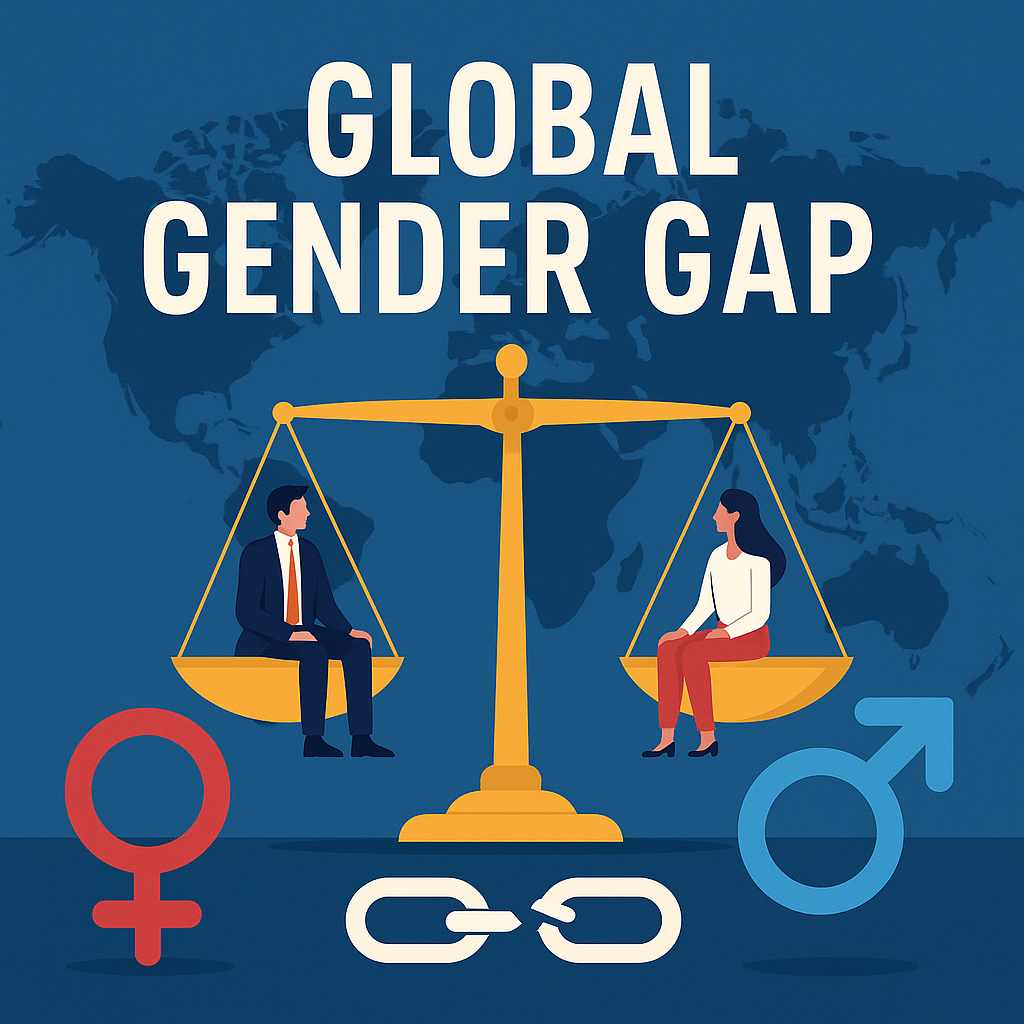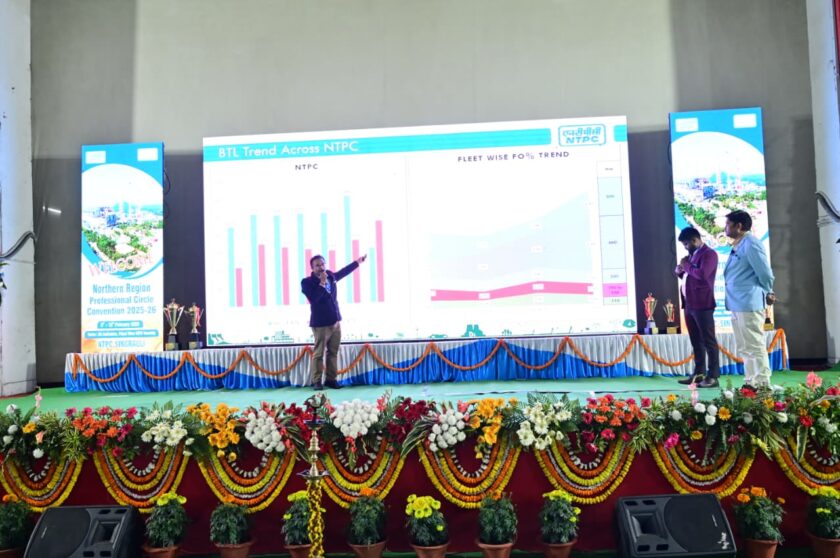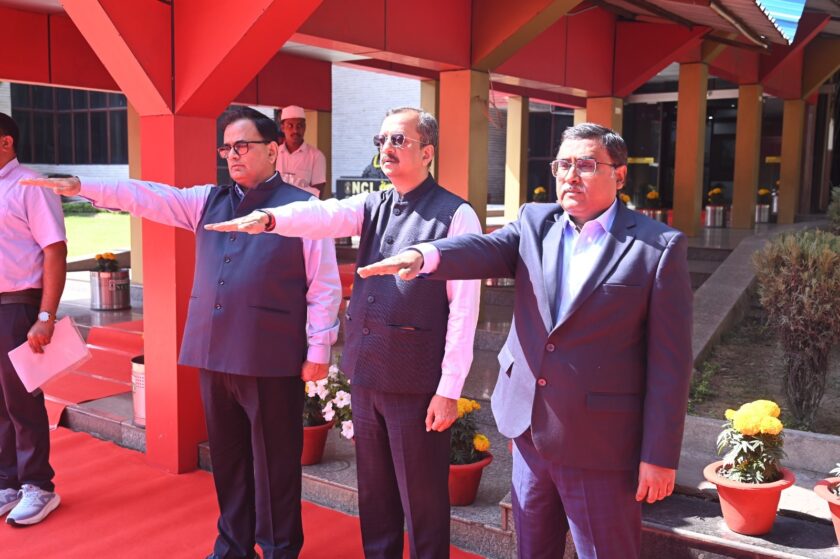New Delhi: India has slipped two places to rank 131st out of 148 countries in the World Economic Forum’s Global Gender Gap Report 2025, marking a continued struggle for gender equality across key dimensions. With a gender parity score of 64.1%, India now ranks among the lowest-performing countries in South Asia, behind Bhutan, Nepal, and Sri Lanka.
The report, released on Thursday, assesses gender equality across four key dimensions: Economic Participation and Opportunity, Educational Attainment, Health and Survival, and Political Empowerment.
Key Findings from India’s Performance:
-
Economic Participation and Opportunity:
India saw a modest improvement here, with its score rising by +0.9 percentage points to 40.7%. Estimated earned income parity also improved, moving from 28.6% to 29.9%. The female labour force participation rate held steady at 45.9%, the highest on record for India. -
Educational Attainment:
India scored 97.1% in this category, indicating near parity in literacy and growing female enrollment in higher education. -
Health and Survival:
The country maintained a high equality score in this area, attributed to improvements in sex ratio at birth and healthy life expectancy, although overall life expectancy dropped post-COVID. -
Political Empowerment:
This area saw a decline of 0.6 points, with women’s representation in Parliament dropping from 14.7% to 13.8%. Women in ministerial roles also declined to 5.6%, down from 6.5%, continuing a downward trend from the 30% peak in 2019.
Regional and Global Context:
While India continues to grapple with challenges in political representation and workforce inclusion, Bangladesh emerged as South Asia’s top performer, jumping 75 ranks to reach 24th globally, largely due to progress in economic and political empowerment. Other South Asian nations ranked as follows:
-
Bhutan: 119
-
Nepal: 125
-
Sri Lanka: 130
-
Maldives: 138

-
Pakistan: 148 (last)
Globally, the gender gap narrowed to 68.8%, the strongest post-pandemic progress seen so far. Yet, at the current pace, it will take 123 years to achieve full gender parity.
The top five countries in the 2025 rankings are:
-
Iceland (leading for the 16th consecutive year)
-
Finland
-
Norway
-
United Kingdom
-
New Zealand
The Global Gender Gap Report 2025 underscores the mixed progress India has made. While strides in education and health are encouraging, political empowerment and economic participation continue to lag. Experts stress that transformative policy efforts and gender-focused reforms are needed to bridge the gap and propel India toward a more equitable future.










